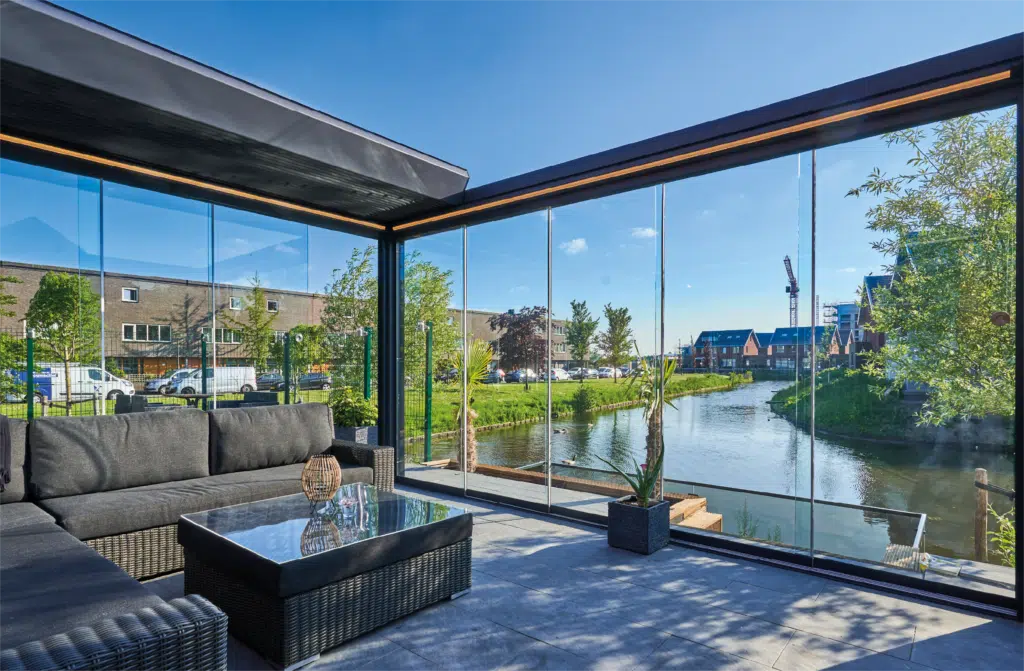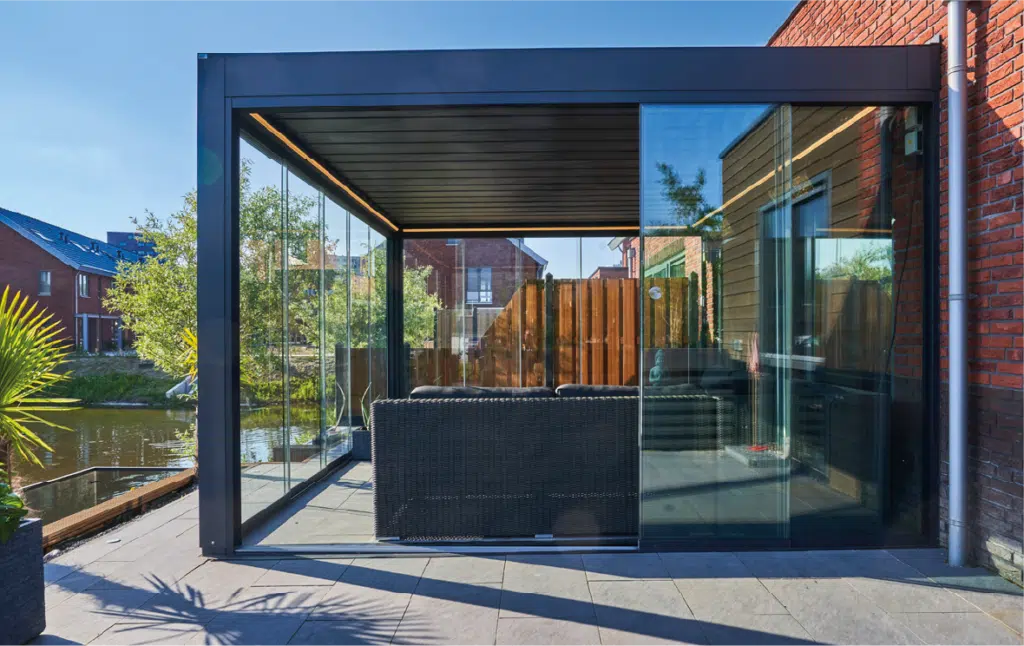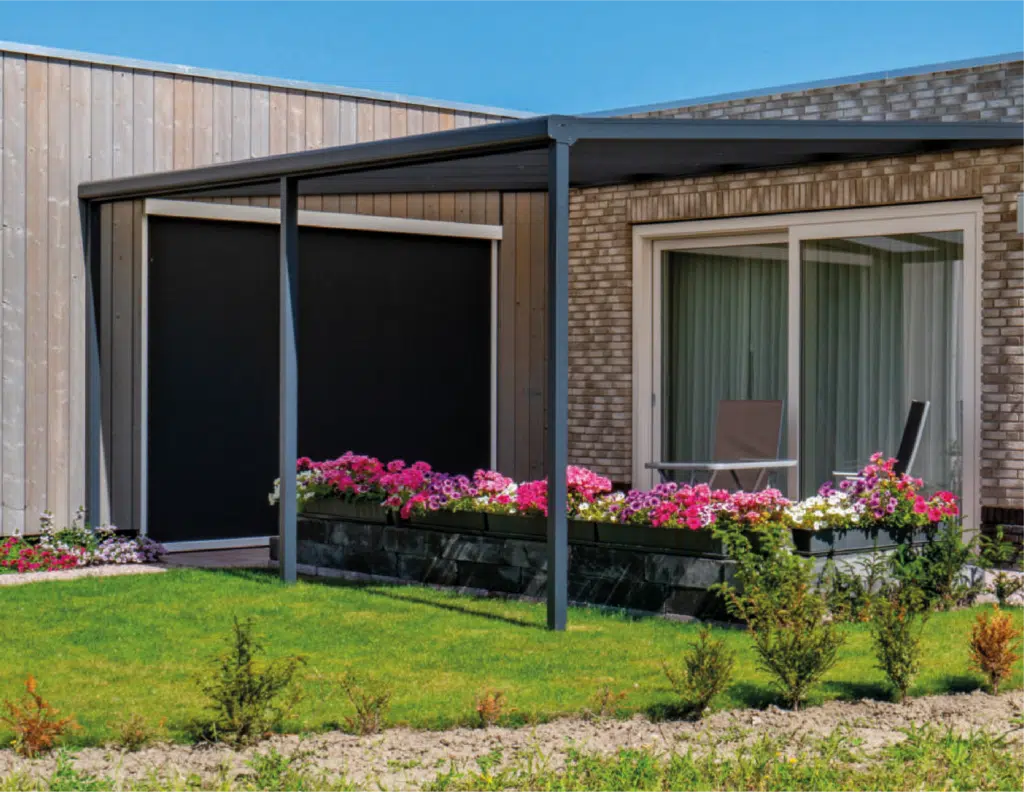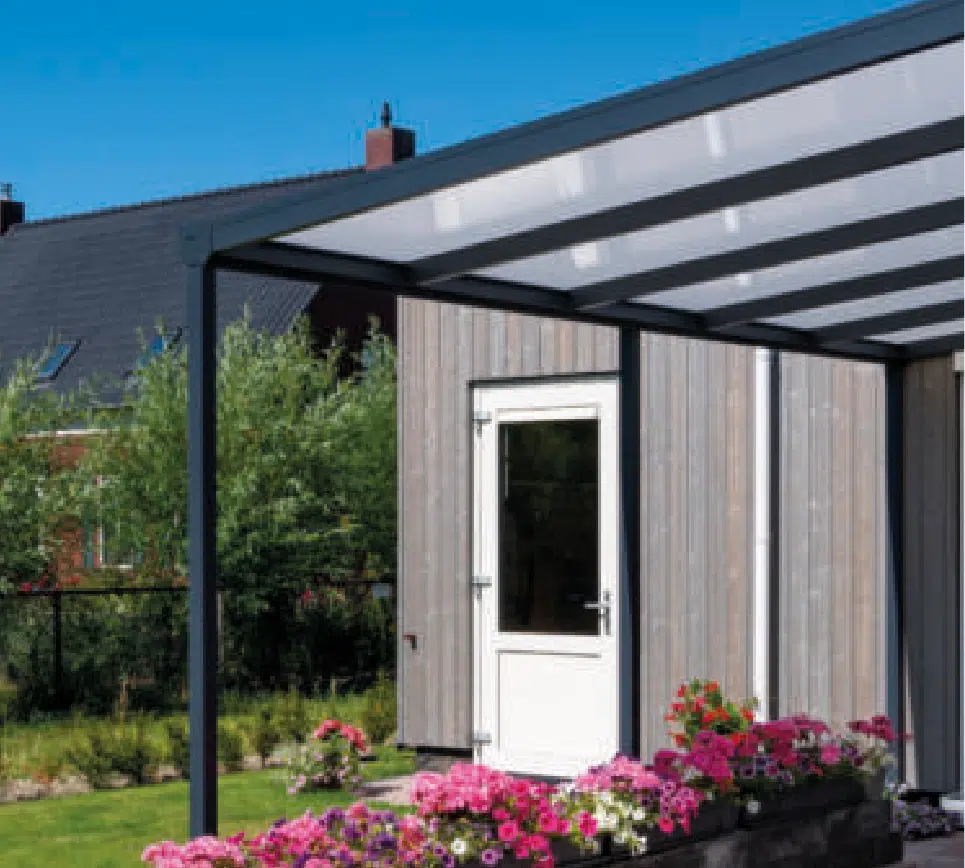Pergola supply and installation Scotland
Do I need planning permission?
Planning permission is a legal requirement in many countries for certain types of construction or development projects. It is necessary to obtain planning permission from the local government or planning authority before starting any construction work or making changes to a property. The purpose of planning permission is to ensure that any proposed development is suitable for the area in terms of design, sustainability, and impact on the surrounding environment. This process allows the local authorities to assess the project’s merits and potential drawbacks, and determine whether it aligns with local planning policies and regulations. In some cases, planning permission may not be required for minor alterations or extensions, but it is always best to check with the local planning authority to avoid any potential issues or fines. Failure to obtain planning permission when required can result in enforcement action, which may include being ordered to stop the construction work, having to demolish any unauthorized structures, or facing legal penalties. Therefore, it is crucial to understand the regulations and guidelines regarding planning permission before undertaking any building projects to ensure compliance and avoid any unnecessary complications.
Are the pergolas weatherproof?
Pergolas are a popular outdoor structure, often chosen to enhance the beauty and functionality of a garden or patio area. While pergolas provide shade and act as a decorative element, their weatherproof qualities may vary depending on the materials and design. Wood pergolas can be more susceptible to weather damage, such as rotting or warping, especially if not properly treated or maintained. However, there are weather-resistant wood options, like cedar or redwood, which are naturally resistant to decay and bugs. Another popular material for pergolas is aluminum, which is known for its durability and resistance to rust and corrosion. Aluminum pergolas can withstand various weather conditions and require little maintenance. Additionally, there are vinyl or PVC pergolas available that are highly weatherproof, being resistant to moisture, fading, and cracking. These synthetic materials can be designed to mimic the appearance of wood, giving the pergola a natural and timeless look. To further optimize the weatherproof qualities of a pergola, various accessories can be added. For example, retractable canopies or shade sails can provide additional protection from rain, wind, or excessive sunlight. Overall, while there are pergolas that are weatherproof, it is important to consider the materials used and their maintenance requirements to ensure the longevity and durability of the structure.
Can pergolas be installed freestanding or against walls?
Pergolas can be installed either freestanding or against walls, depending on your preference and the layout of your outdoor space. Freestanding pergolas are structures that are completely self-supporting and do not require any additional support from walls or other structures. They are often used to create separate seating areas or to define different zones within a larger outdoor space. Freestanding pergolas can be placed anywhere in your yard and offer more flexibility in terms of design and placement. On the other hand, pergolas can also be installed against walls, which can provide additional stability and support. Wall-mounted pergolas are typically attached to the side of a building or a fence and can be a great option if you have limited space or want to create a seamless transition between your indoor and outdoor living areas. This type of installation can also provide shade on a patio or deck that is directly adjacent to your home. Whether you choose to install your pergola freestanding or against a wall, it is important to ensure that it is properly anchored and supported to withstand the elements and provide a safe and enjoyable outdoor space for years to come.
Can the pergolas have electrically controlled openings?
Yes, pergolas can have electrically controlled openings. Electrically controlled pergolas offer convenience and ease of use. With the touch of a button, you can easily open or close the pergola’s roof or louvers, adjusting the amount of sunlight or shade that enters the space below. These openings can be controlled remotely, allowing you to operate the pergola from the comfort of your home or even while you’re away. Electrically controlled pergolas also often come with sensors that automatically adjust the openings based on weather conditions such as rain or wind. This feature ensures that your outdoor area remains protected and comfortable no matter the weather. The electric controls can be integrated with your home automation system, allowing you to seamlessly control the pergola along with your other smart devices. Some electric pergolas even come with built-in LED lights or heating elements, which can be adjusted using the same controls. This allows you to create the perfect ambiance for your outdoor living space. Overall, electrically controlled openings in pergolas provide convenience, flexibility, and enhance the functionality of your outdoor area. Whether you want to enjoy the sunlight, relax in the shade, or protect your outdoor furniture from the elements, an electrically controlled pergola can provide you with all these benefits and more.
Does a wooden pergola need planning permission?
If you’re considering adding a wooden pergola to your property, you may be wondering whether or not you need planning permission. In many cases, the answer is no. Most wooden pergolas are considered to be “permitted development,” which means they can be built without the need for planning permission. However, there are a few important factors to consider. Firstly, the size of the pergola matters. Permitted development rights generally apply to structures that are not higher than 4 meters and do not extend beyond the original wall of the house. If your pergola is larger or taller than these limits, you will likely need planning permission. Secondly, the location of the pergola is important. If you are installing a pergola in the front garden, it may be subject to more stringent regulations and you may need planning permission. Additionally, if your property is listed or situated in a conservation area, you may also need to seek planning permission. It’s always a good idea to check with your local planning authority or consult with a professional before proceeding with any construction. They will be able to provide you with specific information and guidance on the planning permission requirements for your wooden pergola. [[Heading:]] What are the benefits of Aluminum Pergolas?
Aluminum pergolas have become increasingly popular in recent years due to their numerous benefits. One major advantage of aluminum pergolas is their durability. Unlike traditional wood pergolas, aluminum pergolas do not rot, warp, or attract pests. This means less maintenance over time and a longer lifespan for the structure. Additionally, aluminum is a lightweight material, making it easier to install and move if needed. This is especially useful for those who want the flexibility to rearrange their outdoor space or take their pergola with them when they move. Another benefit of aluminum pergolas is their resistance to weather damage. Unlike wood or other materials, aluminum does not absorb moisture, so it will not swell or become brittle over time. It is also resistant to UV rays, which means it won’t fade or become discolored under the sun’s harsh rays. This makes aluminum pergolas a great choice for any climate, whether you live in a hot and sunny area or a cold and snowy region. Lastly, aluminum pergolas offer a sleek and modern aesthetic. With their clean lines and minimalist design, they can easily complement any outdoor space and add a touch of elegance to your backyard or patio area. Overall, the benefits of aluminum pergolas make them a practical and aesthetically pleasing choice for outdoor structures.
Pergolas can be installed either freestanding or against walls, depending on the homeowner’s preference and the available space. Freestanding pergolas are independent structures that can be placed anywhere within the outdoor area, providing shade and creating a designated space for relaxation or entertaining. They are usually supported by columns or posts and do not require any attachment to walls or buildings. Freestanding pergolas offer flexibility in terms of location and can be used to enhance the visual appeal of gardens, patios, or poolside areas. On the other hand, pergolas can also be installed against walls, which offers additional support and stability. Wall-mounted pergolas are attached to the side of a building or an existing wall structure and can create a seamless extension of indoor living spaces. This type of installation is ideal for those who want to maximize their outdoor space while still enjoying the comforts of their home. By attaching a pergola to a wall, homeowners can create a sheltered outdoor area that can serve as a transition between indoor and outdoor living. Additionally, the wall acts as an anchor for the pergola, adding extra stability and support, especially during harsh weather conditions. Whether freestanding or wall-mounted, pergolas add functionality, style, and value to outdoor spaces, providing a perfect spot to relax, entertain, or simply enjoy the beauty of nature.





